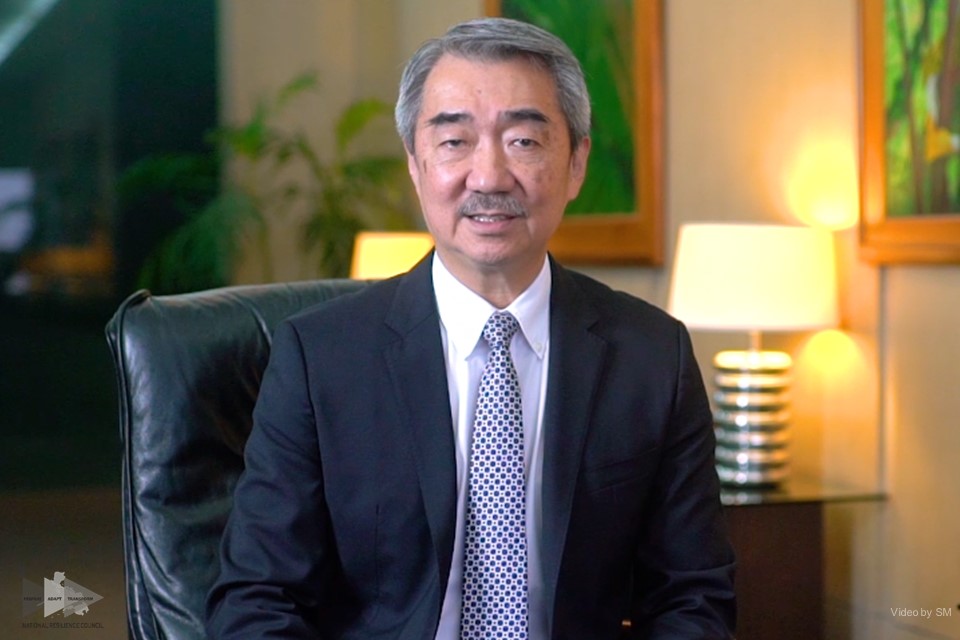Day: May 30, 2020
-

National Resilience Council COVID-19 Knowledge Series
In April 2020, the National Resilience Council (NRC), in partnership with ARISE Philippines, Zuellig Family Foundation, and the Makati Business Club, launched its 4-part COVID-19 Knowledge Series: Expert Dialogue on Resilience, Public Health, and Human Security. This series aims to provide a platform for informed multi-stakeholder dialogue; bridge global knowledge and expertise with local practice;…
-

Urban resiliency: Key to sustainability in 21st century Philippines
Source: The Philippine Star | Author: Hans T. Sy | Date: May 30, 2020 Filipinos have direct experiences with the devastating effects of climate change. According to the UN Office for Disaster Risk Reduction (UNDRR), the Philippines ranks fourth among countries worldwide most affected by extreme weather events over a 19-year period, from 1998 to 2017.…